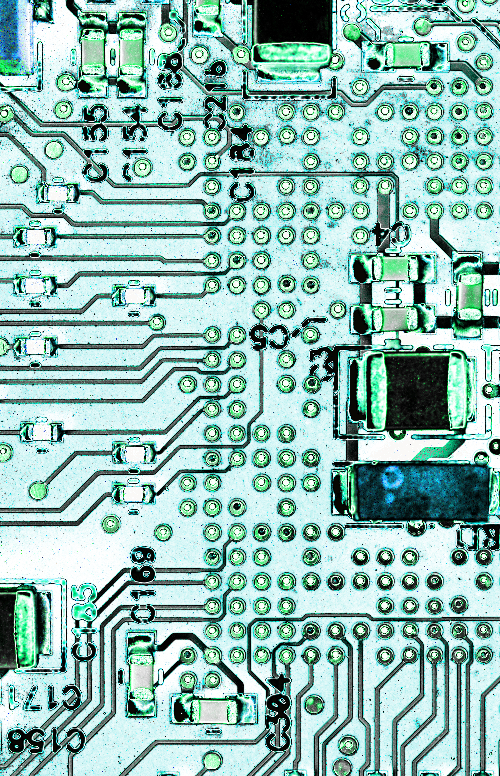New immune chip to test jabs
 Scientists have developed an immune system on a chip.
Scientists have developed an immune system on a chip.
The lymphoid follicles formed in a microfluidic chip can replicate human immune functions and vaccine responses in vitro.
Researchers at the Wyss Institute for Biologically Inspired Engineering at Harvard University have cultured human B and T cells inside a microfluidic Organ Chip device and coaxed them to spontaneously form functional lymphoid follicles - structures that reside in lymph nodes and other parts of the human body which mediate immune responses.
The chip consists of different chambers that harbour “naïve” B cells and T cells, which together initiate the cascade of events that leads to a full immune response when they are exposed to a specific antigen.
The new tool should help researchers solve some of the immune system’s mysteries.
In addition to allowing researchers to probe the normal function of the immune system, these lymphoid follicle (LF) Chips can also be used to predict immune responses to various vaccines and help select the best performers, offering significant improvement over existing preclinical models like cells in a dish and non-human primates.
The breakthrough is reported in Advanced Science.
“Animals have been the gold-standard research models for developing and testing new vaccines, but their immune systems differ significantly from our own and do not accurately predict how humans will respond to them. Our LF Chip offers a way to model the complex choreography of human immune responses to infection and vaccination, and could significantly speed up the pace and quality of vaccine creation in the future,” said first author Dr Girija Goyal, a Senior Staff Scientist at the Wyss Institute.
The Wyss researchers are now using their LF Chips to test various vaccines and adjuvants in collaboration with pharmaceutical companies and the Gates Foundation.








 Print
Print